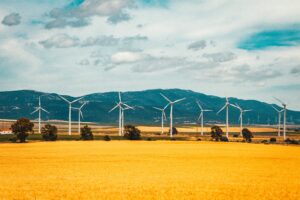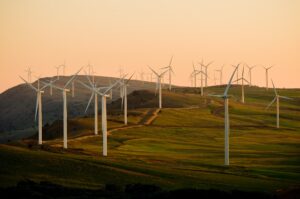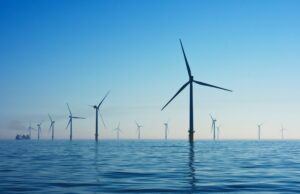
WWF Statement on New Shark and Ray Assessment
A major study re-assessing the International Union for the Conservation of Nature (IUCN) Red List status for all sharks, rays and chimeras reveals that over 1/3 of all these species are now at risk of extinction caused by over-fishing. Governments and regional fisheries bodies must act now to stop over-fishing and prevent a global extinction crisis. The experts found that the number of threatened species has doubled since the last global study while the number of endangered and critically endangered species has more than tripled. Three species have been classified as “possibly extinct,” not having been recorded for 80 years on average. All threatened sharks and rays are being depleted by over-fishing, with habitat loss and destruction and climate change compounding the risks, affecting 1 in 3 and 1 in 10 species respectively.







